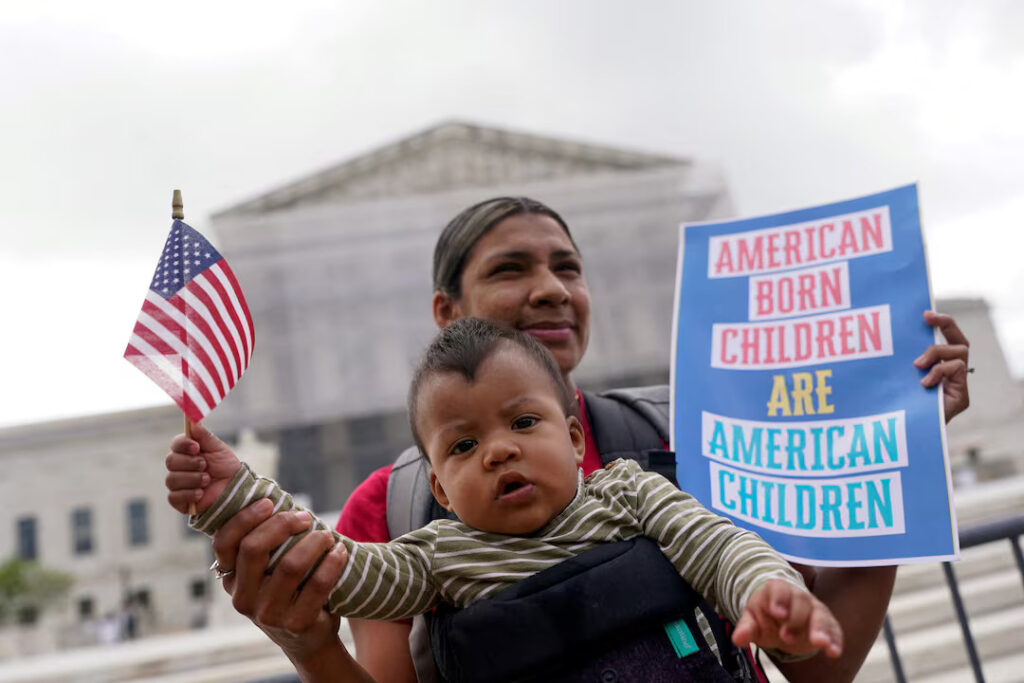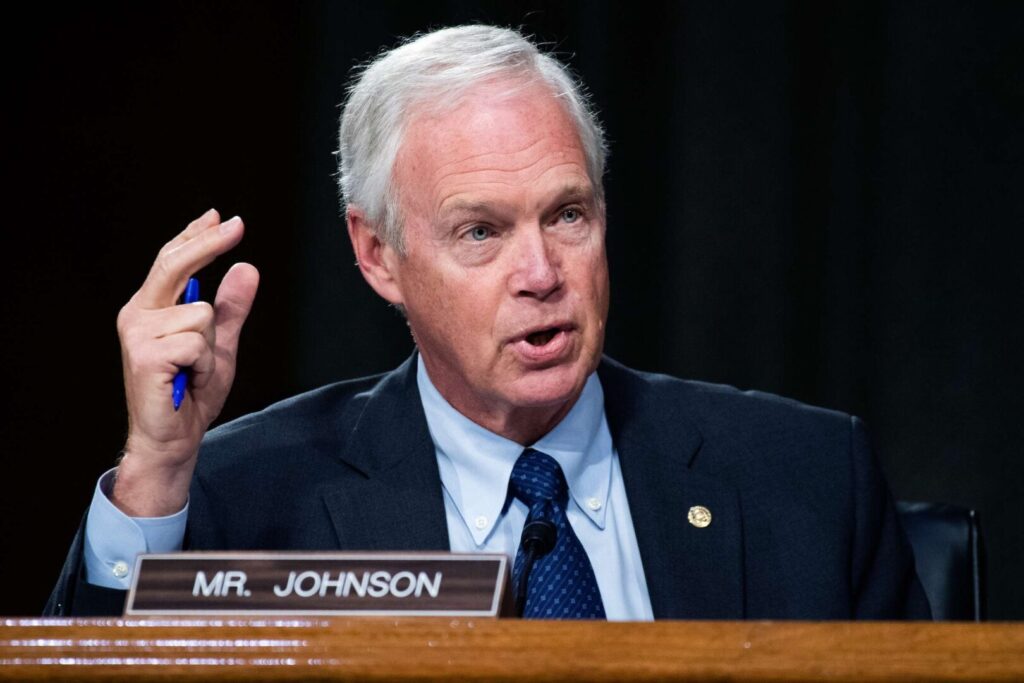In a 6–3 decision, the U.S. Supreme Court on Friday sharply curtailed the authority of lower federal courts to issue “universal” or nationwide injunctions, upending a key tool used by plaintiffs to block controversial policies — including a challenge to Trump’s executive order aimed at terminating birthright citizenship.
Justice Amy Coney Barrett, writing for the conservative majority, ruled that the nationwide blocks issued by district courts in Maryland, Massachusetts and Washington state likely exceed judicial authority granted by Congress. The justices remanded the cases, directing that any injunctive relief be limited to providing “complete relief” only to the parties before the court.
“Universal injunctions likely exceed the equitable authority that Congress has given to federal courts,” Barrett wrote. Significantly, the ruling does not weigh in on the legality of Trump’s executive order — which targets children born in the U.S. to parents unlawfully present or here on temporary visas — but rather addresses how such orders may be restrained by courts.
Under the ruling, the executive order cannot take effect for at least 30 more days, providing a narrow window for further legal challenges. Yet the decision opens the door for enforcement in jurisdictions not covered by narrow injunctions, potentially resulting in a patchwork of citizenship protections across the country.
Liberal Justices Sonia Sotomayor, Elena Kagan and Ketanji Brown Jackson strongly dissented, warning that scaling back nationwide injunctions could strip away constitutional safeguards for individuals who are not direct litigants. Sotomayor wrote that the majority’s move “undermines the rule of law” and cautioned that without universal relief, fundamental rights may be compromised.
Supporters of Trump’s agenda hailed the decision as a blow to “judicial overreach.” Attorney General Pam Bondi said the ruling would “accelerate the administration’s MAGA agenda by removing legal obstacles.” Trump called it “a monumental victory for the Constitution, the separation of powers and the rule of law,” according to Reuters.
But civil rights advocates cautioned that parents expecting children in the next weeks should not expect immediate change, as birthright citizenship remains protected for at least another month. They warned that the decision could lead to fragmented legal interpretations across state lines and urged swift class‑action filings to secure comprehensive relief.
The Court’s decision represents a pivot in federal litigation — curbing the reach of nationwide injunctions while leaving the central question of birthright citizenship unresolved. Lower courts will now need to determine whether more narrowly tailored injunctions or class‑wide suits are appropriate, setting the stage for the next phase of this constitutional battle.



